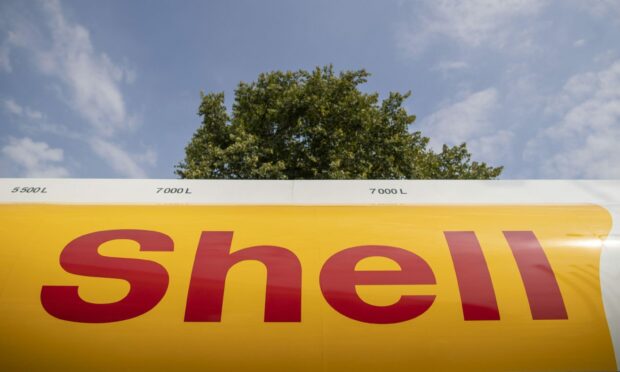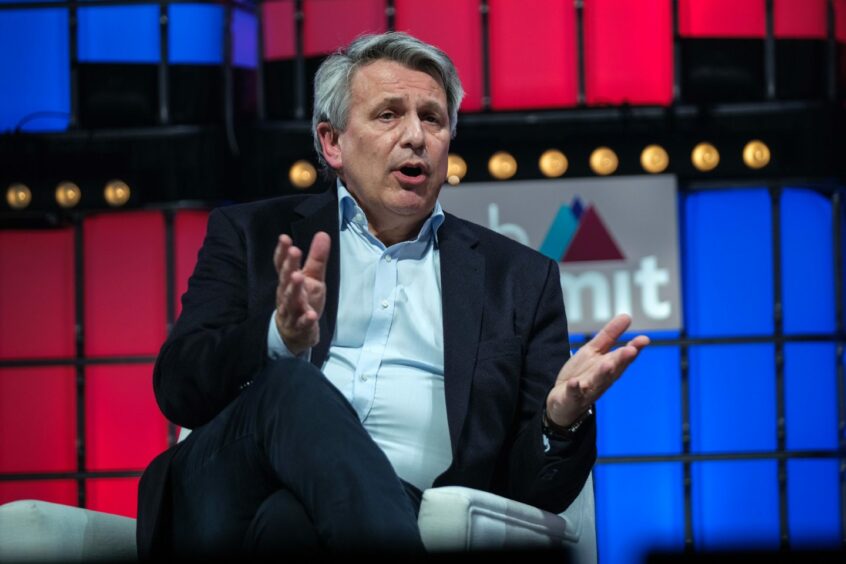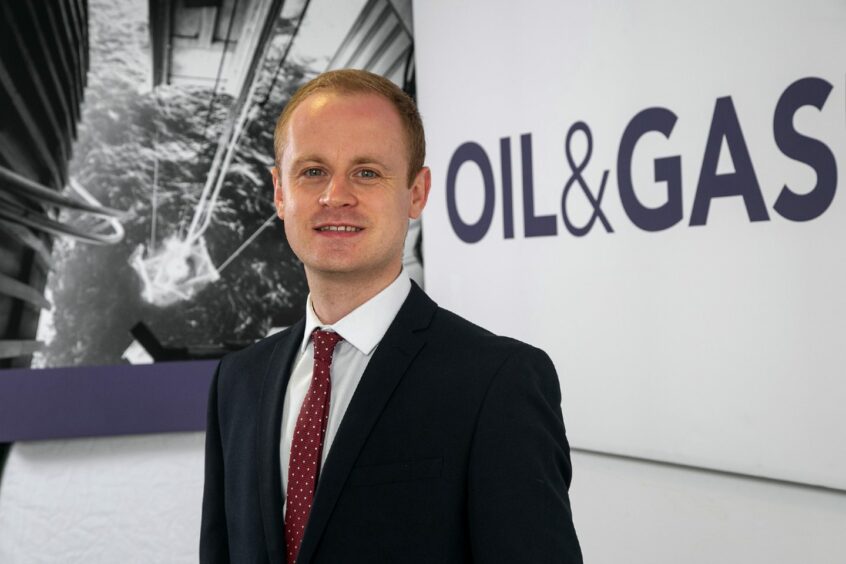Oil giant Shell has posted an even better-than-expected first quarter profit haul of $9.1 billion (£7.2bn) as demands grow for a windfall tax on the sector.
The group followed BP’s lead with a bumper set of underlying earnings for the first three months of 2022, nearly three times the $3.2bn (£2.5bn) reported a year earlier thanks to surging oil and gas prices.
The firm’s chief financial officer Sinead Gorman said the oil giant expects to pay “hundreds of millions in the UK in the years to come”.
Ben van Beurden, chief executive of Shell, addressed whether the prospect of a North Sea windfall tax would damage the case for its planned £25bn investment in the UK.
When asked during an investor call wether imposition of a tax to help the government fund inflation alleviation schemes would change the firm’s plan for investment in the UK, he said: “I suppose not”.
Shell has said it intends to spend up to £25 billion in the UK energy system this decade.
Around 75% of the spending is earmarked for low or zero-carbon energies, which is a “very firm plan that we want to carry out,” Mr van Beurden said.
“I should also say that if we’re talking about these types of investment levels they do require a stable and a predictable financial outlook. It does require stability of policies and everything else.
Mr van Beurden also pointed to hardship measures in place for retail customers, but said that “more energy and clean energy” production is the real contribution firms like Shell can make.
In the North Sea, that means “starting up Pierce, bringing on Jackdaw as a project, Penguins, etc,” he said.
“All these things will help bringing new supply into the UK in this particular case and therefore alleviating market conditions.”
Russian exodus
Like its UK counterpart BP, Shell also revealed the cost of its move to pull out of Russian oil and gas activities due to the Ukraine war as it booked a $3.9bn (£3.1bn) charge.
Mr van Beurden said: “The war in Ukraine is first and foremost a human tragedy, but it has also caused significant disruption to global energy markets and has shown that secure, reliable and affordable energy simply cannot be taken for granted.
“The impacts of this uncertainty and the higher cost that comes with it are being felt far and wide.
“We have been engaging with governments, our customers and suppliers to work through the challenging implications and provide support and solutions where we can.”
Speaking of the company’s financial performance, Mr van Beurden said its “health” balance sheet was “crucial” in its role to support the UK’s shift to a low carbon energy system.
“Generating value through strong earnings and cash flow, coupled with maintaining a healthy balance sheet and continuing the disciplined delivery of our strategy, are crucial for Shell to play a leading role in the energy transition,” he said.
“This allows us to support our customers as they shift to cleaner energy.”
More calls for windfall tax
Critics calling for a windfall tax on oil and gas companies estimate this could raise around £10.5 billion.
Chancellor Rishi Sunak has so far resisted pressure to make the firms pay more tax, instead looking to companies making big profits to invest the cash back into the UK.
But Lib Dem leader Sir Ed Davey condemned the Government’s refusal to consider the move.
He said: “Boris Johnson and Rishi Sunak’s refusal to tax the super-profits of energy companies is completely unforgivable when people are too terrified to heat their homes.
“The excuses of Conservative ministers have been demolished by the boss of BP himself, who said a windfall tax wouldn’t damage investment in the UK.
“This one-off levy would raise billions of pounds that could help vulnerable families with their energy bills now. It is a no-brainer.”
However, supporters such as the Aberdeen and Grampian Chamber of Commerce point to figures that show the Treasury has also benefited from the rise in oil prices and has taken more than £1.7 billion in tax from the North Sea operations of oil and gas firms in just 90 days, according to newly published figures from the Office for National Statistics (ONS).
The UK Government has put pressure on both Shell and BP to invest in the UK energy system.
Energy secretary Kwasi Kwarteng earlier this week published a letter that insisted while UK Government will not bend to the will of activists who “naively want us to extinguish production” of oil and gas in the North Sea, he said the sector must show “in the coming weeks” how it will reinvest profits and double down on investments in the clean energy transition, as well as accelerate and maximise domestic oil and gas production.
Investment to come
The announcement came as research showed that the UK’s offshore energy producers are likely to invest £200-£250 billion in low carbon energy plans between now and 2030.
The research by the Offshore Energies UK trade body assessed the spending plans of oil and gas companies operating in the North Sea and other UK waters.
It said around 60% of the investments will be spent building renewable and low carbon energy infrastructure, such as offshore wind and systems for capturing CO2 for permanent disposal in deep rock formations.
Ross Dornan, OEUK’s market intelligence manager, who oversaw the research, said he expected to see offshore energy companies investing up to £150 billion in renewable and low-carbon projects, plus another £90 billion in oil and gas projects by 2030.
Most of the investments would be from companies transitioning from oil and gas into low-carbon energy.
He warned plans for achieving net zero targets would be “impossible” unless oil and gas companies are supported in their plans.
“The amounts being spent are far greater than any sums that might be raised by a windfall tax but what policymakers need to understand is the sheer scale, not just of the investments but also of the ambition,” he said.
“UK could become a world leader in low-carbon and renewable energy – but to achieve that, we need long-term thinking by planners and policymakers.
“Above all we need a stable and predictable set of rules governing the way the industry is taxed and regulated.
“If those rules keep changing it will undermine confidence, drive investors away and make the UK’s net zero targets impossible to achieve.”



Conversation